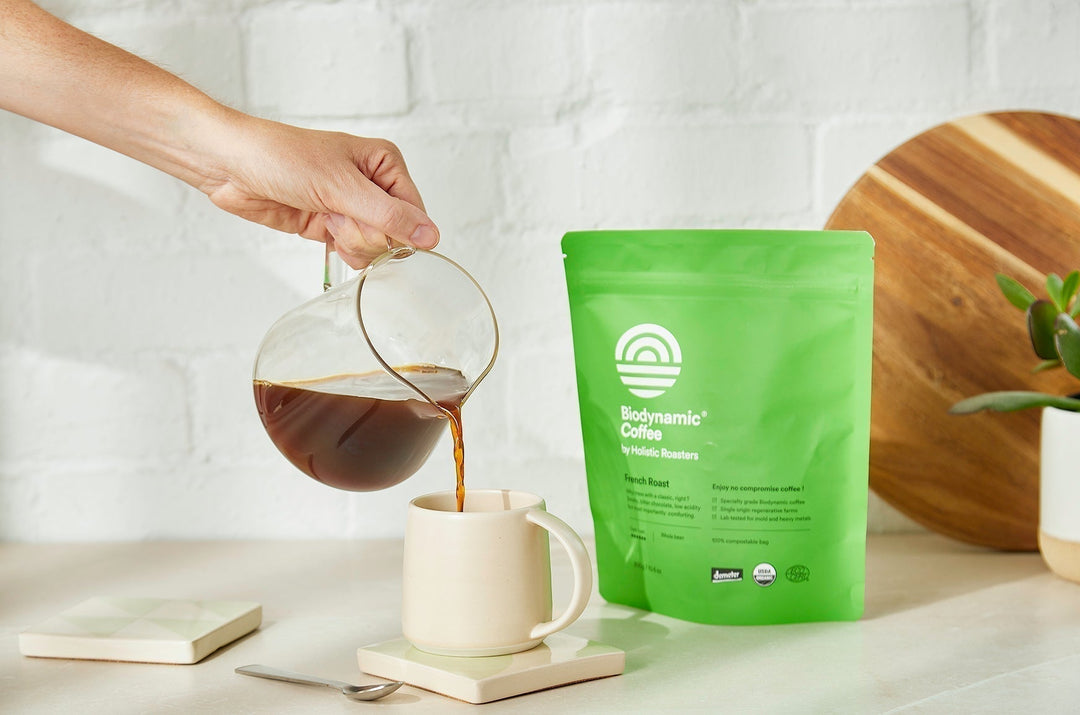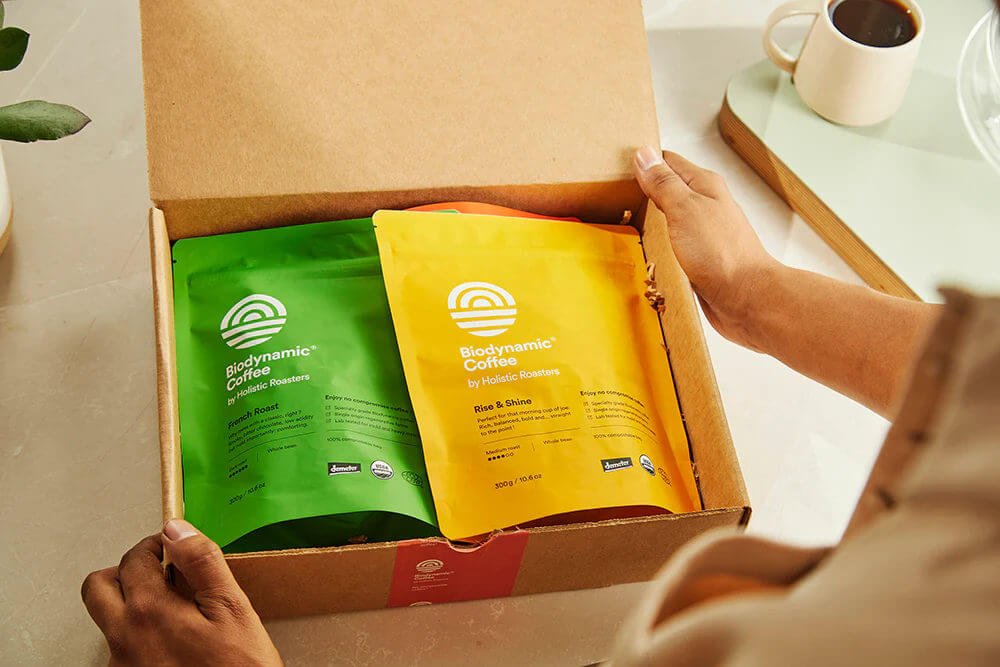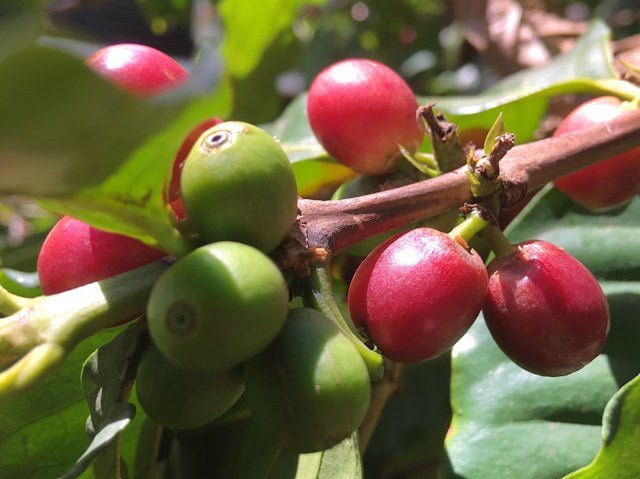Apricot Lane Farms: The Biggest, Little Farm

The Quick Scoop
The Biggest Little Farm documents John and Molly Chester's incredible journey transforming a barren 200-acre property into a thriving ecosystem using regenerative agriculture principles. Their story from city life to award-winning sustainable farm showcases the power of working with nature to produce nutrient-dense food while building biodiversity and soil health.
The Biggest Little Farm: A Regenerative Agriculture Success Story
Apricot Lane Farms stands as a testament to what's possible when farming works in harmony with nature. Founded by John and Molly Chester in 2011, this 200-acre farm in Moorpark, California has transformed from depleted soil to a vibrant, biodiverse ecosystem that produces exceptional food while regenerating the land.
From Urban Life to Farming Dreams
The Chesters' journey began with an eviction notice in Los Angeles. Their rescue dog Todd's continuous barking led to their apartment eviction, which sparked a dramatic life change. Instead of finding another city home, they decided to pursue their dream of farming in harmony with nature.
With no farming background—John was a documentary filmmaker and Molly a personal chef—they purchased a neglected piece of land just an hour outside of LA. The property had been conventionally farmed for decades, leaving behind compacted, lifeless soil and virtually no biodiversity.
Their vision went beyond sustainable farming. They aimed to create a regenerative system where diverse plants, animals, and microorganisms would work together as nature intended. But the reality of their first years was far from idyllic—drought, pests, disease, and economic challenges tested their resolve repeatedly.
What makes their story extraordinary is their commitment to solving problems by enhancing nature's systems rather than fighting against them. Each challenge became an opportunity to deepen their understanding of ecological principles.

The Regenerative Agriculture Approach
Building Living Soil
When the Chesters arrived, their soil was effectively dead—compacted, eroded, and depleted of nutrients after years of conventional farming. Their first priority was rebuilding soil health through:
- Cover cropping with diverse plant species to add organic matter
- Careful application of compost to introduce beneficial microorganisms
- Minimal tillage to preserve soil structure
- Integration of animals to add natural fertilization
Today, the farm's soil contains over 50 times more organic matter than when they started, creating a living ecosystem beneath the surface that supports vigorous plant growth without synthetic fertilizers.
Embracing Biodiversity
Rather than the monoculture typical of conventional farms, Apricot Lane Farms now grows over 75 varieties of fruits and vegetables and raises numerous animal species, including:
- Heritage breed pigs, sheep, chickens, and ducks
- Grassfed cattle that contribute to soil fertility
- Diverse fruit orchards with stone fruits, citrus, and avocados
- Native plant hedgerows that attract beneficial insects
This diversity creates natural resilience. When pests attack one crop, predatory insects from hedgerows help control them. Multiple varieties mean they're never dependent on a single crop's success.
Innovative Water Management
In drought-prone California, water management is critical. The Chesters implemented systems that maximize every drop:
- Swales and berms that slow, spread, and sink rainwater
- A series of ponds that capture and store water
- Healthier soil that holds more moisture
- Efficient irrigation systems that minimize waste
These practices have created a microclimate that's naturally cooler and more humid than surrounding areas, increasing resilience during California's frequent droughts.
Systems Thinking & Integration
Perhaps the most remarkable aspect of Apricot Lane Farms is how every element serves multiple purposes and interconnects with others:
- Chickens follow cattle to break up manure and eat fly larvae
- Cover crops feed soil, animals, and beneficial insects
- Compost from animal waste feeds the soil
- Ducks help control snails in orchards
This integration creates synergies where the whole farm system becomes more than the sum of its parts, mimicking how natural ecosystems function.
Farm Size
Acres of regenerative farmland
Crop Varieties
Different fruits and vegetables
Soil Carbon
Increase in organic matter
Animal Species
Integrated into the ecosystem
The Farm Journey Timeline
2011
John and Molly purchase the 200-acre property and begin initial planning with biodynamic consultant Alan York.
2012
First major soil restoration efforts begin with cover crops and compost application. Initial fruit tree planting.
2013-2014
Devastating drought and pest challenges force innovative solutions. Development of water management systems.
2016
First significant harvests of tree fruits. Visible increase in wildlife and beneficial insects on the property.
2018
Release of "The Biggest Little Farm" documentary, showcasing their seven-year journey of transformation.
2020-Present
Farm becomes a globally recognized model for regenerative agriculture, hosting educational tours and workshops.

Lessons for Coffee Farming
Biodiversity Enhances Quality
Just as Apricot Lane Farms produces exceptional fruits and vegetables through biodiversity, coffee farms benefit from diverse shade trees, companion plants, and rich soil biology. This diversity creates complex flavor profiles in the beans while reducing pest pressure.
Soil Health Determines Cup Quality
The extraordinary attention to soil health at Apricot Lane parallels our focus on soil management in coffee production. Healthier soil produces more nutrient-dense coffee beans with richer flavor profiles and higher levels of beneficial compounds like chlorogenic acid.
Sustainability Requires Systems Thinking
The Chesters' success comes from seeing their farm as an integrated system rather than isolated parts. Similarly, our approach to coffee considers the entire ecosystem—from soil microbiology to shade trees to processing methods—as interconnected elements that together determine quality.
The Regenerative Connection
At Holistic Roasters, we share the philosophy that guides Apricot Lane Farms—working with nature rather than against it produces superior results. Our Biodynamic coffee is grown using many of the same regenerative principles showcased in the Chesters' journey, resulting in coffee that's not only extraordinary in flavor but also contributes to healthier ecosystems and communities.
Shop Biodynamic Coffee







